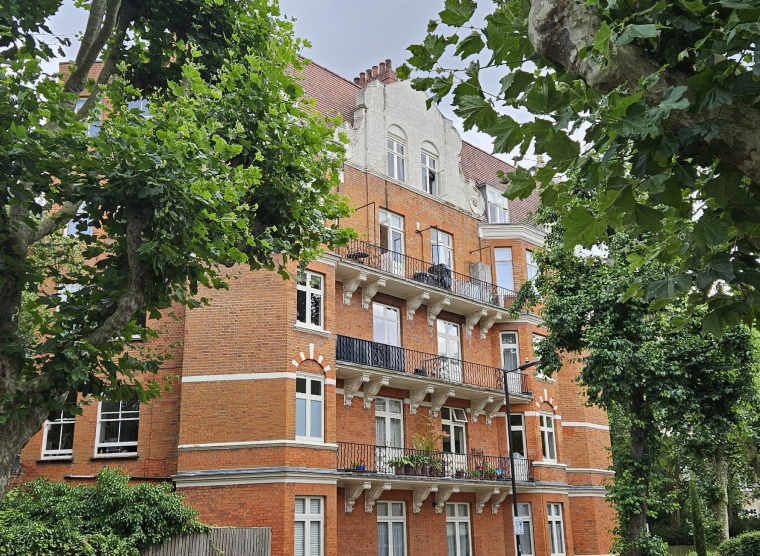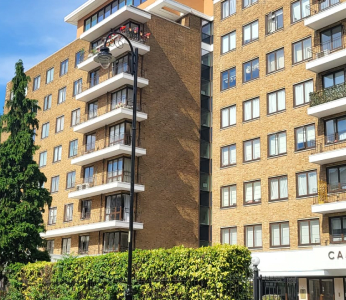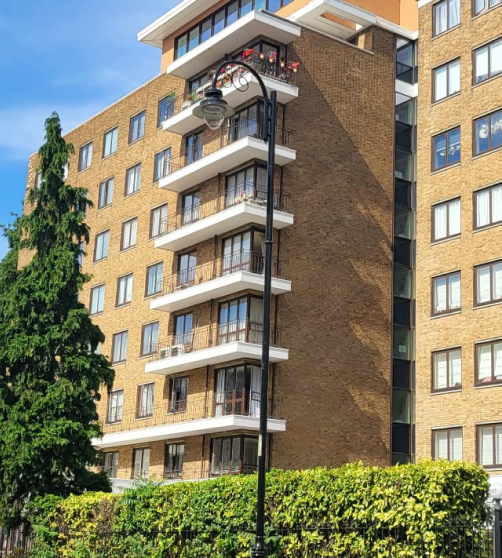“Our highly qualified specialists provide lending valuations to support both property acquisitions and further advances”
Supporting Lenders and Financial Institutions with accurate and efficient valuation reports enabling core business lending decisions. We provide a personable and knowledgeable approach.

Valuation Services
As residential and commercial valuers we value most property classes including:
Retail
- Offices
- Industrial & Logistics
- Leisure Properties
- Residential
Land & Development Sites
- Specialist Properties including: pubs, restaurants, care homes, GP surgeries, dentists, health centres and student accommodation.
Both landlords and tenants will require valuations for a variety of reasons, e.g., capital valuations for acquisition, balance sheet valuations for funding, tax valuations for inheritance of capital gains tax or lease extensions to buy more years. Commercial occupiers or their landlords may need a rental valuations for rent review purposes, and any lender will require an assessment of the cost of rebuilding a property for insurance purposes. We value properties for lenders, for family trusts, private investors, investment funds, and for individuals buying a home.
An asset valuation is the term used to describe a range of situations where the value of an asset needs to be established but in a situation where there is not an arm’s length open market transaction happening, ie, no buyer or seller or no deemed disposal for tax or other purposes.

Valuation methods vary depending on the property type and use: the comparable method is most common, other methods include residual and investment methods.

Valuation for re-mortgage
Mortgage valuations follow the RICS Red Book which sets our various requirements on the Valuer who reports to the lender but has a duty of care to the borrower.

Valuers are qualified and registered with the RICS. The RICS requires a conflict check is undertaken before accepting an instruction to ensure independence.
Find out more right now
Why not give us a call and speak with one of our in-house experts?



















